Anfernee Hardaway is home again. As if he ever left.
On a rainy March afternoon, inside the brand-new Laurie-Walton Family Basketball Center on the University of Memphis’ south campus, Tiger athletic director Tom Bowen introduced the greatest living Tiger of them all as the program’s new basketball coach.
First gaining legend status at Treadwell High School, then later as a Tiger and an All-NBA guard with the Orlando Magic, Penny Hardaway approached the podium, and a region-wide family reunion ensued. “It’s great to see so many familiar faces from when I played, the people who have been so supportive,” said Hardaway who, at 47, is older today than his own college coach, Larry Finch, was when he coached his last Tiger game. “I want to see the Memphis flags waving from cars, see the T-shirts and hats.”
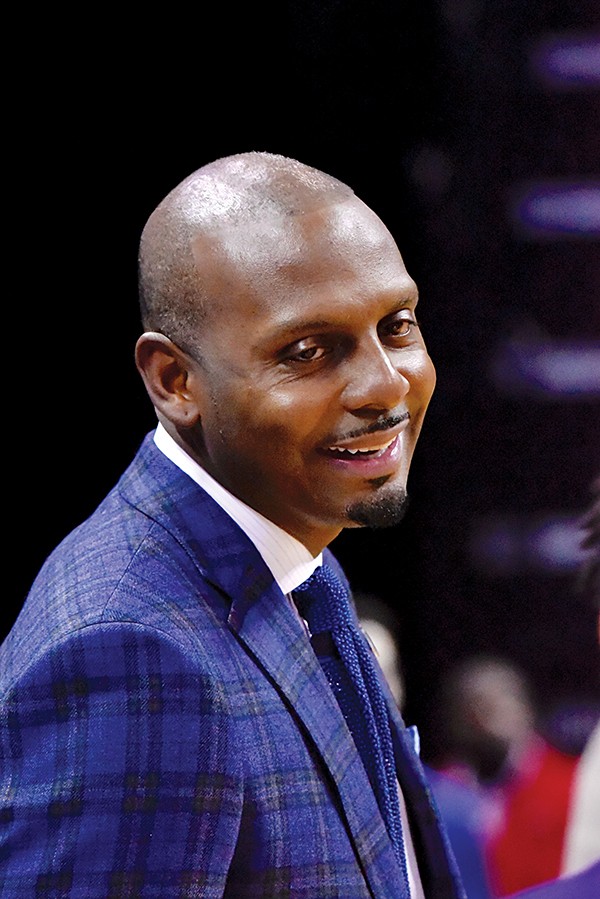
Those shirts and hats had grown scarce at FedExForum, where attendance hit a half-century low in 2017-18, despite Tubby Smith’s second team putting up a 21-13 record and junior point guard Jeremiah Martin nearly winning the American Athletic Conference scoring title. For the better part of those two years — since Josh Pastner left for Georgia Tech — community support for Hardaway taking over at his alma mater had grown — at first gentle rumbling, then later, outright public appeals. Hardaway’s ultimate hiring became the worst-kept secret in the Mid-South, with reports leaking before Smith had the chance to coach the Tigers in the AAC tournament (where they would lose in the semifinals).
Within 30 days of his hiring, Hardaway managed to convince the top two local recruits — Alex Lomax (who helped Hardaway win three state titles at East High School) and Tyler Harris (Cordova High) — to sign with Memphis. Hardaway announced Tennessee had been added to the schedule (the Tigers will host the Vols on December 15th) with the likes of Kentucky and Arkansas on the new coach’s radar. The reaction of ticket-buyers and sponsors has, in basketball terms, lit up the Memphis scoreboard ever since. Having sunk to a 48-year low in attendance last winter, the Tiger program may well set new highs in 2018-19, the program’s 15th season at FedExForum.
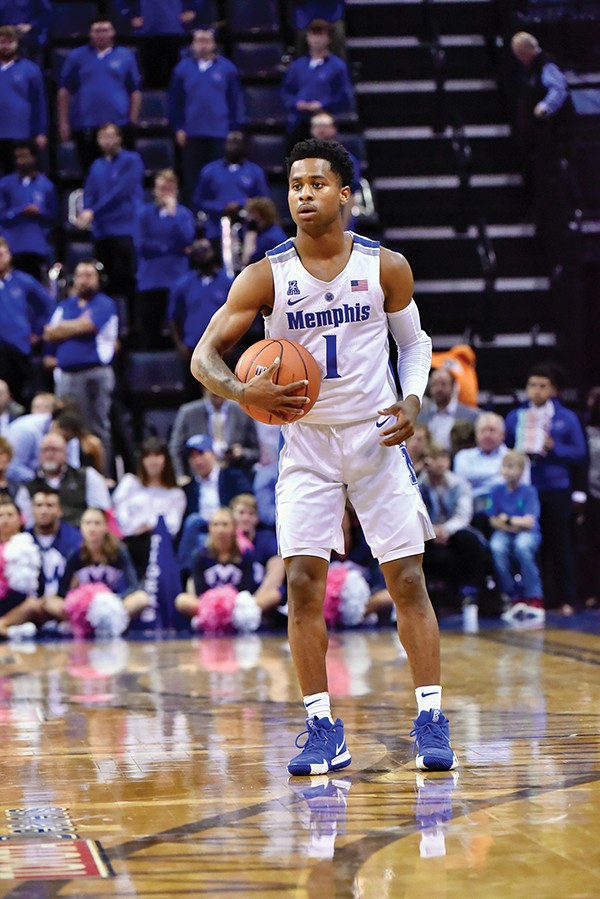
Guard Tyler Harris
Sharpshooter David Wingett (who scored more than 2,000 points as a prep player in Nebraska) joined the recruiting class to help fill an outside-scoring void the program has suffered for four seasons. The rookies will join Martin and four other holdovers — guard Kareem Brewton and forwards Kyvon Davenport, Raynere Thornton, and Mike Parks — to write the first chapter in a new volume of Hardaway history.
“Losing is not an option in my mind,” said Hardaway at that opening press conference. “I want to hit the ground running. People are telling me to be patient, do this or that first. But I’m not built that way. I’ll go for it all or none at all.”
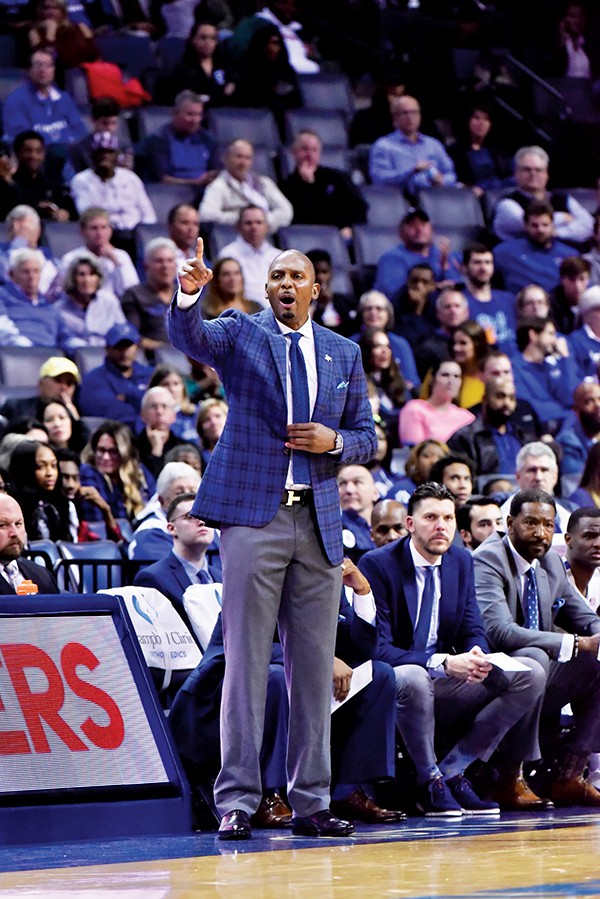
Tigers Coach Penny Hardaway leads from the sidelines.
Even with a recruiting class that jumped into the nation’s top 30 when Lomax and Harris signed, the Tigers have been picked to finish as low as eighth in the 12-team American Athletic Conference. (AAC coaches picked Memphis to finish fourth — behind UCF, Cincinnati, and Houston — in their preseason poll.) This doesn’t sit well with the rookie coach, who needs extra motivation like he needed extra vertical leap as a player, which is to say — not! “It’s realistic that we will not finish eighth,” he says. “They were thinking the freshmen can’t carry us, and they’re really not respecting the staff or the guys coming back from last year, when they finished fifth.”
What — beyond himself — can Penny sell a Tiger fan-base that all but disappeared last winter? Hardaway suggests we’ll see a different brand of basketball from the season’s opening tip-off. “I think I’m a little more up-tempo than Coach [Smith],” he says. “We really want to run, fast break. There won’t be a lot of half-court [offense]. We want to get it out. Defensively, we might press more. We’ll be a high-energy team on defense, as well. I like to speed teams up, keep them off-balance. I want it to be a blur. By the first timeout, I want teams playing us to be gassed.”
For any team to accelerate pace as Hardaway envisions, guard play — and guard depth — will be critical. The new coach sees as many as five players who can handle point-guard duty, though in this era of “positionless” basketball (see the Golden State Warriors and count their trophies), the primary value a guard brings the Tigers will be his versatility.
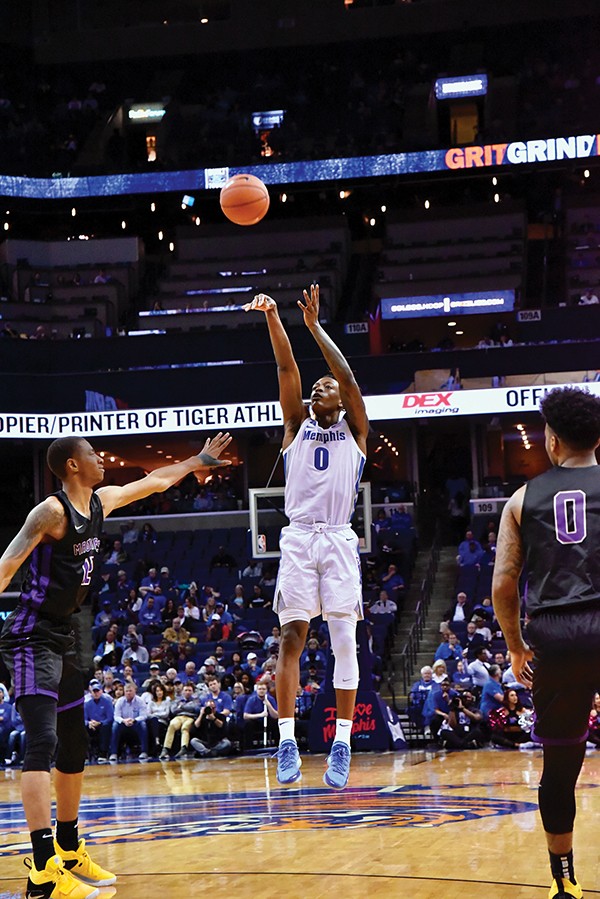
Forward Kyvon Davenport
“You only go as far as your guards,” says Martin, a preseason all-conference selection who will be playing for his third coach in four years. The Mitchell High School alum averaged 18.9 points and 3.8 assists last season, though he missed the Tigers’ final six games with a fracture in his right foot. Martin had hernia surgery in August, but appears to be in game shape for a season of leadership. “I was never in bad spirits about my injury,” he says. “Everything happens for a reason. The team’s not just about me. It’s a process, but I sat out so long, now that I’m back, I’ve got to get back right. I’m gonna keep working hard to get there.”
Martin is prepared to attack with the ball in his hands or from the wing when the likes of Brewton (a fellow senior), Lomax, or Harris is handling the ball. If Hardaway’s vision is realized, the ball won’t be in anyone’s hands very long. “My whole life, I’ve been on the ball some, and off the ball,” stresses Martin. “I’m just a basketball player, to be honest.”
Lomax and Harris grew up as friendly rivals, Lomax playing for Hardaway with Team Penny on the AAU circuit while Harris developed with Team Thad. (Hardaway acknowledges that he tried to persuade Harris to join his team, but to no avail. Until now.) Harris is small (5’9″ and 150 pounds), but can light up a scoreboard. He averaged 30.3 points as a senior and was named Class AAA Mr. Basketball after becoming just the 12th Memphis high school player to score 2,500 career points. Lomax took home the Mr. Basketball award after both his sophomore and junior seasons at East. In his four years as a Mustang, the team went 122-18. Having played for Hardaway since he was in 5th grade, Lomax is more than comfortable in his role as a freshman, and he’s ready to join forces with Harris.
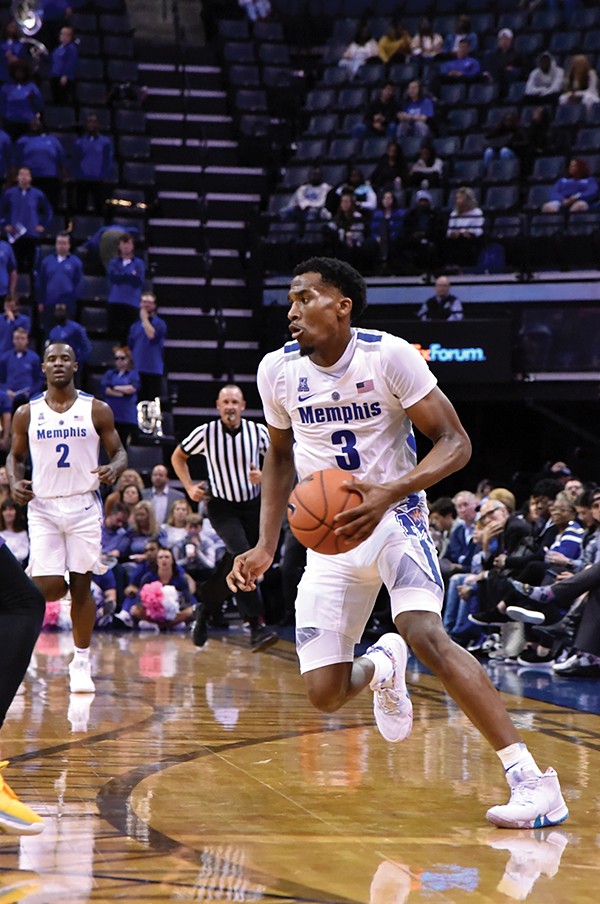
Guard Jeremiah Martin
“Coach teaches an NBA style, so it’s not all that different,” says Lomax. “He knows what it takes; he’s been through it. He relays the message, and it’s our job to go out and put it on the court. Playing with Tyler may be one of the best things that ever happened to me. We offset each other well. He does a lot of things I don’t do. If he’s open 10 times, I’ll find him 10 times. It’s a new friendship; we talk every day now.” If you doubt Hardaway’s influence on Lomax, ask him what he’d like to contribute as a freshman: “I hope I can make an impact defensively, and I just want to win games.”
Not to be lost in the guard shuffle are Brewton and another freshman, Antwann Jones. Brewton averaged 9.1 points as a junior and part-time starter last season. He was second only to Martin in assists and steals. “Everybody wants to play and get buckets,” notes Brewton, “but how are you gonna get buckets? You gotta play defense.” Already preaching the Hardaway philosophy, Brewton has embraced the program’s new culture. “There’s a lot of energy,” he stresses. “It’s a family atmosphere.”
Brewton and Hardaway each see something of themselves in Jones, the 6’6″ guard from Orlando and a third top-100 recruit Hardaway was able to capture. For Brewton, it’s Jones’ ability to score, his aggressiveness with the ball, even as a rookie. As for the comparisons with Hardaway the player, consider those a means of motivation for a player aiming to seize minutes on the floor.
A slimmed-down Mike Parks (he lost 20 pounds over the offseason) and Raynere Thornton will be counted on for muscle this season. The two combined for 8.4 rebounds per game last year, a number that needs to grow if the Tigers are to minimize opponent possessions. Junior transfer Isaiah Maurice brings additional size (he’s 6’10”) and athleticism to the Tigers’ frontcourt. With Parks sidelined by a back ailment, Maurice started the exhibition game against LeMoyne-Owen and contributed 18 points and 7 rebounds in 21 minutes.
Among Tiger big men, though, track the progress of Davenport. The Georgia native averaged 13.3 points and led the Tigers with 6.1 rebounds per game last season. He’ll be a focal point this winter, according to Hardaway. “We expect a lot from Kyvon,” says Hardaway. “There are going to be some wrinkles where we get shots specifically for him. Last year, he did it off the glass, didn’t get a lot of plays run for him. We’re going to have to get him the ball; we need him to score.”
Davenport’s length and ability to run the floor are ingredients for a difference-making finisher, one who can follow a break, receive and deliver lobs, or clean up missed shots. “[Coach Hardaway] lets everyone play their own game,” emphasizes Davenport. “It’s better for everybody. You’re gonna play your role, but you’re free. No restrictions.”
And Davenport loves the pace. “We’ve been killing ourselves in practice,” he says. “When we get to a game, it’s going to be easier for us, with the timeouts.” Davenport recognizes a sense of immediacy this season, his last as a Tiger. And he wants to make the kind of impression that lasts beyond his days in Memphis. “I want to be remembered as a great teammate,” he says, “one who helped develop the freshmen and led this team somewhere special.”
And what are we to expect from a rookie coach more famous than most of the seasoned counterparts he’ll confront? “For the most part,” says Hardaway, “coaching is understanding who you have on your team, understanding yourself, understanding situations.” As aggressively as he attacked defenders during his playing days, it shouldn’t surprise that Hardaway isn’t timid when it comes to the new gig. “My biggest strength is in-game adjustments,” he says. “We’ll have our team prepared. But every game doesn’t go as planned, and you may have to adjust. That’s where my strength comes into play. The culture we’re trying to build around here is multiple efforts, toughness, playing hard when you’re on the floor.”
If anything, Hardaway will have to resist the urge to don a game uniform when the lights are turned on and 17,000 fans pack FedExForum for a show we haven’t seen in these parts in some time. “I’m ready to get into the arena,” says the coach a fan base will continue to call by his famous nickname. “I’ve always prepared well, so practice is great. But to get into the arena . . . I want to feel the jitters. I’m anxious to get there.”
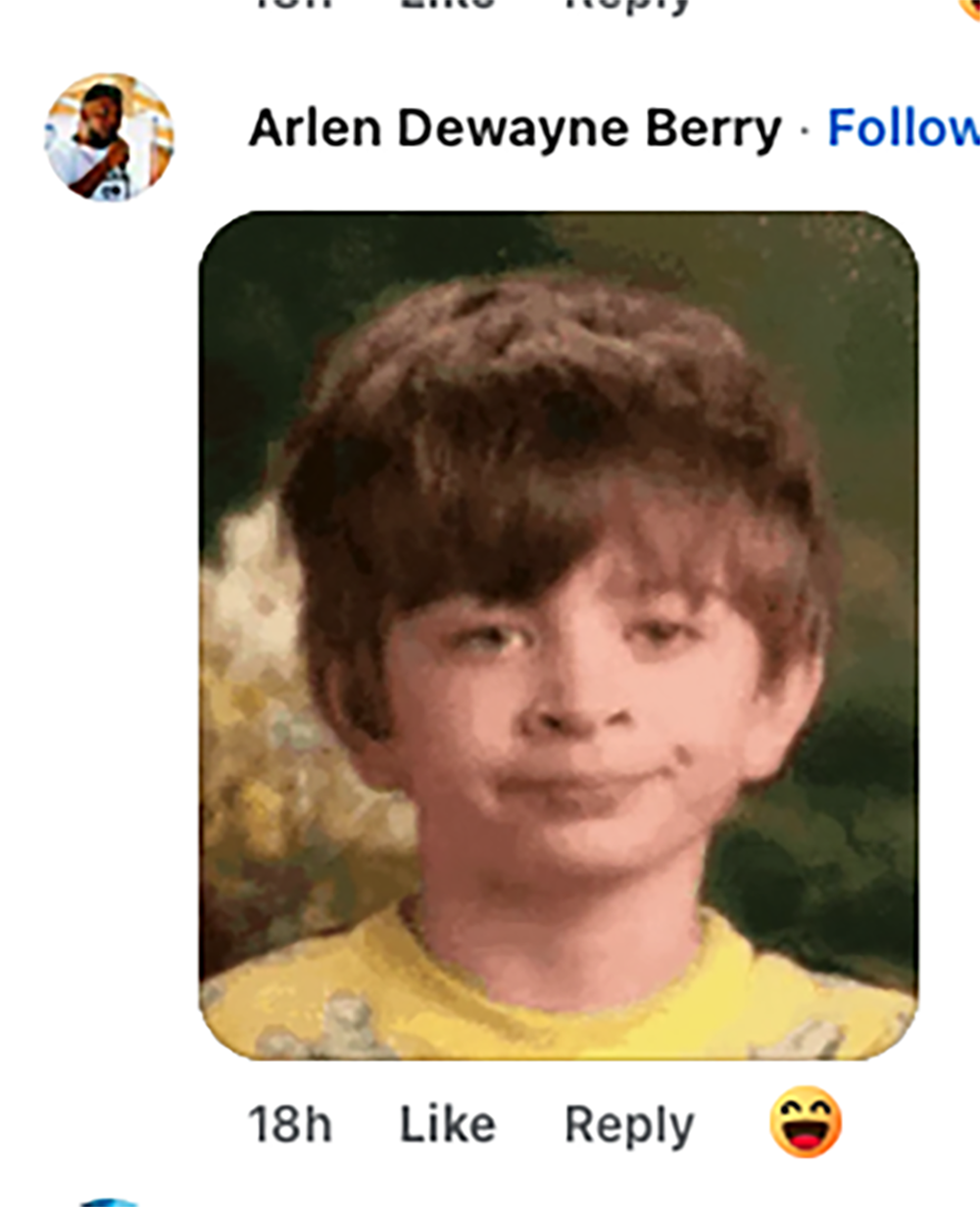

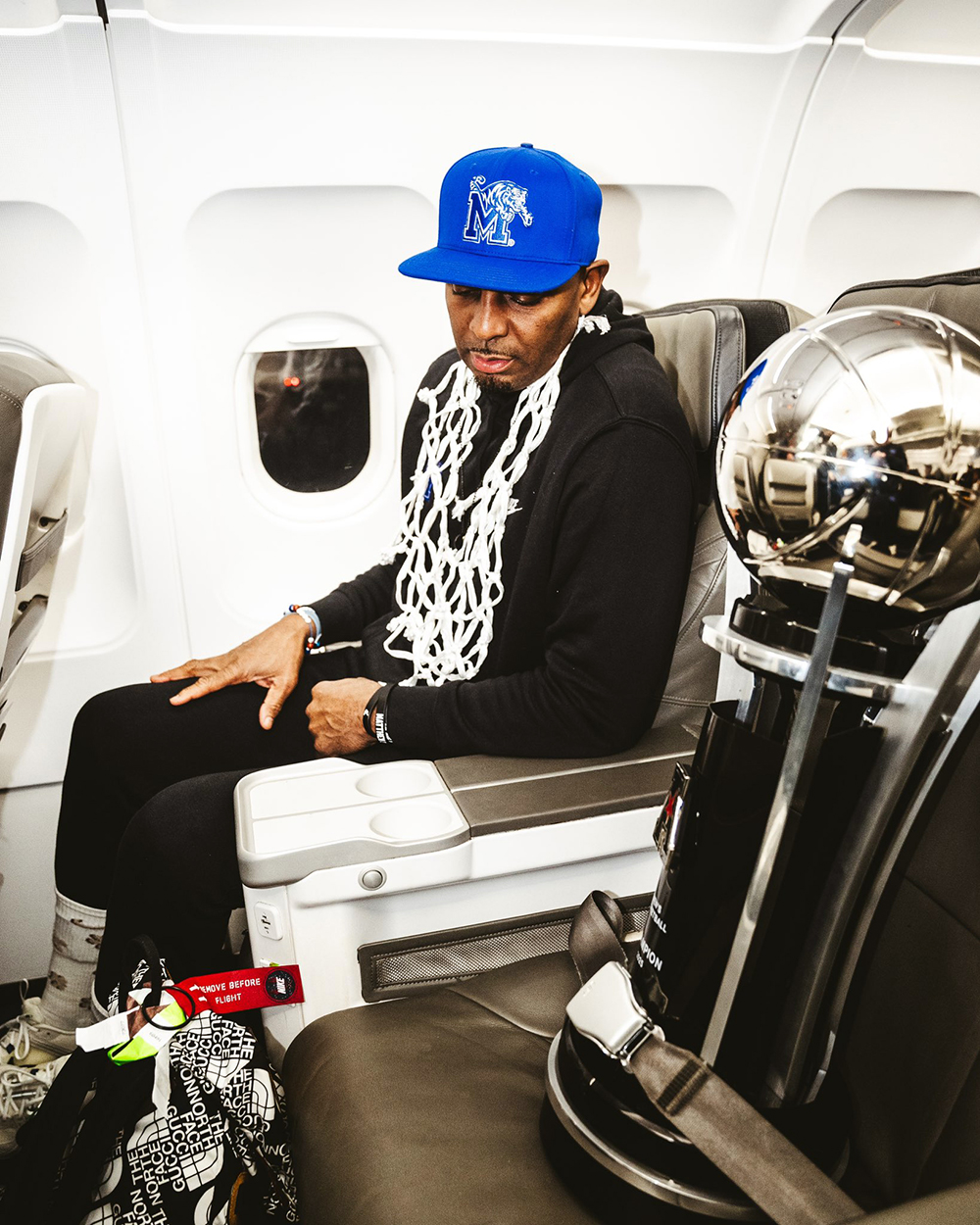
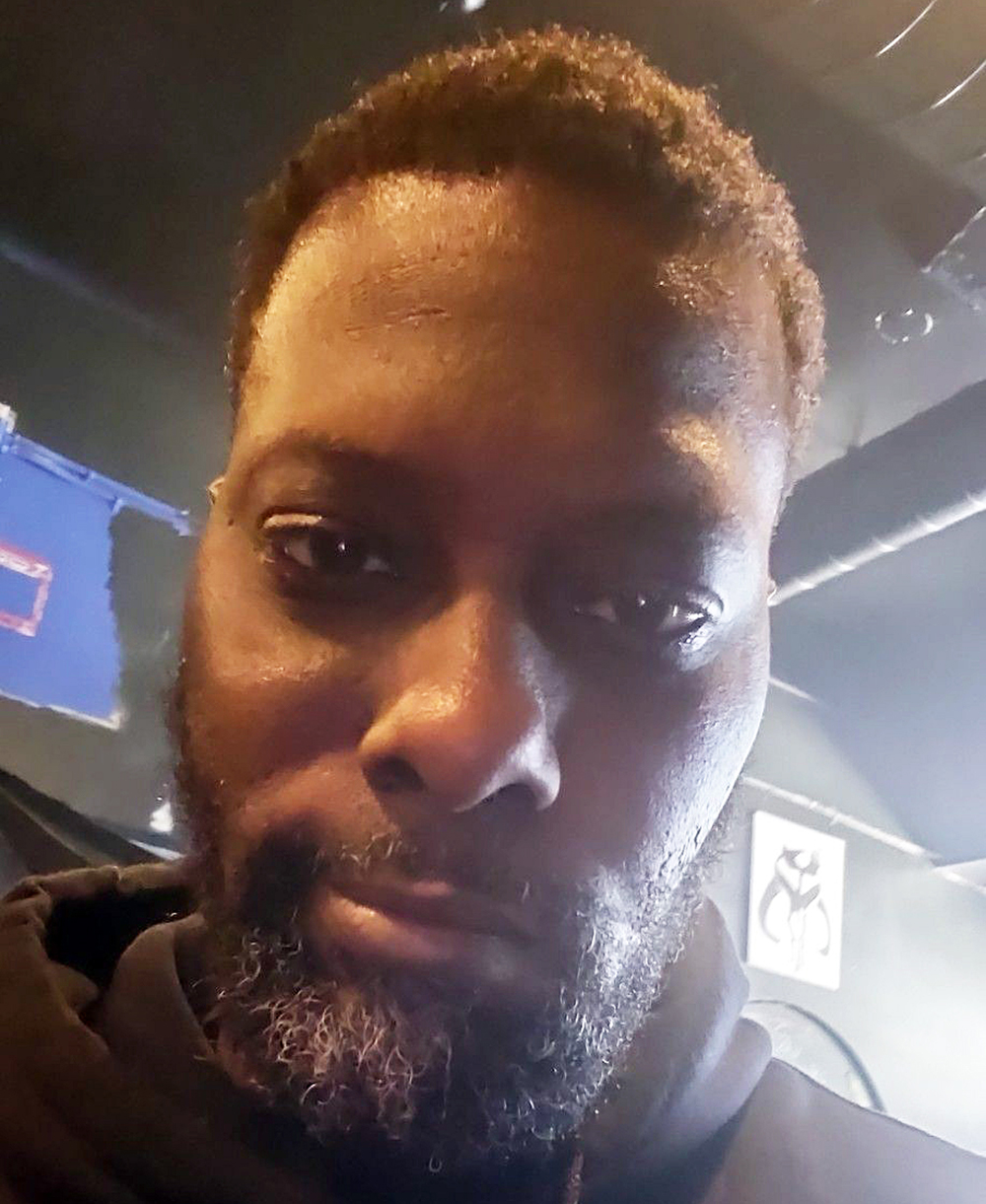
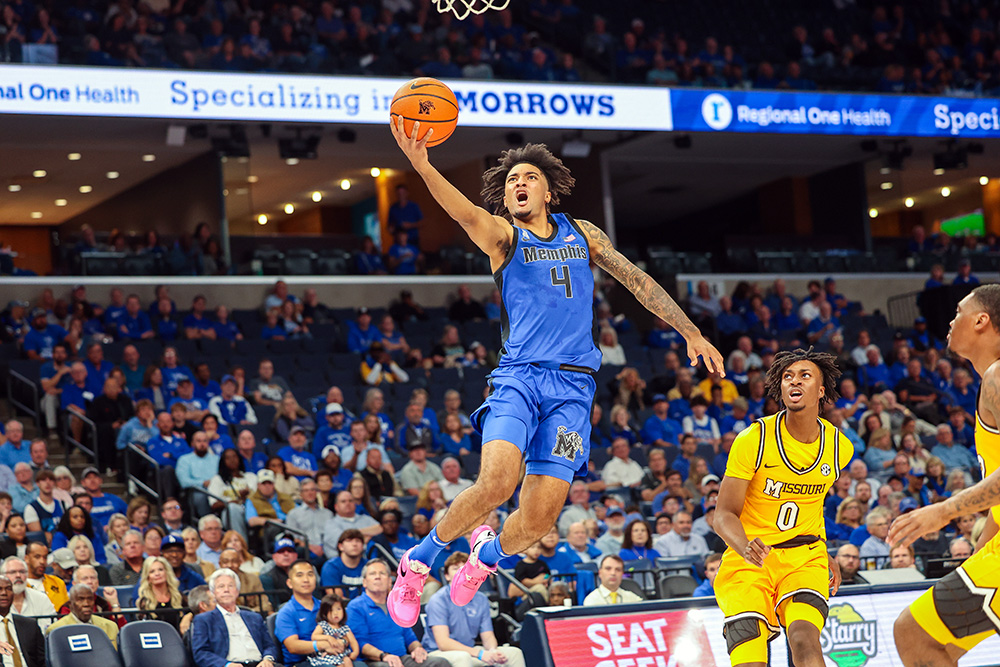
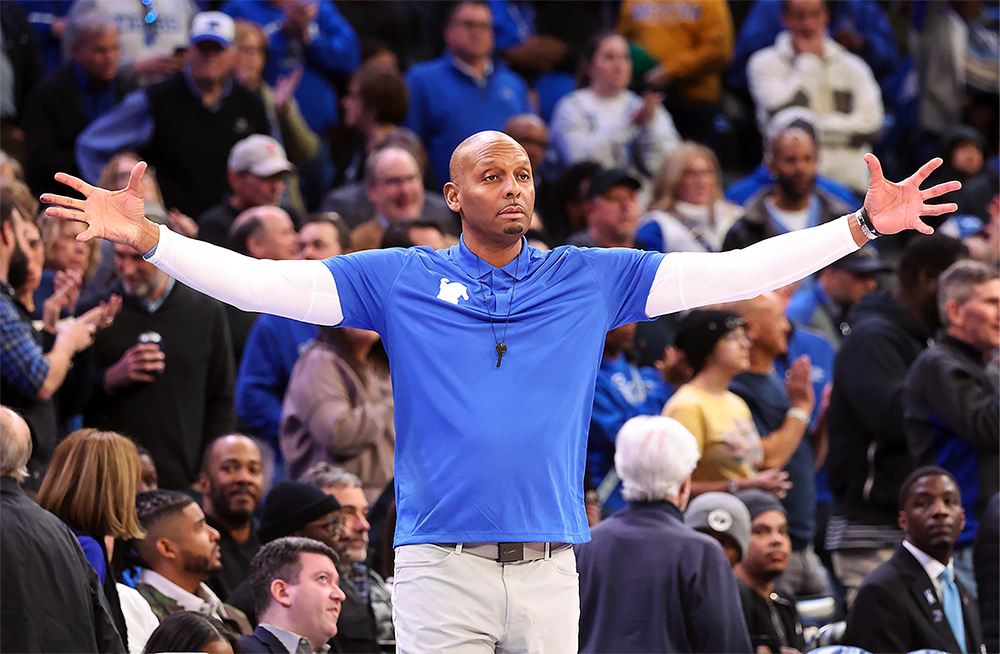
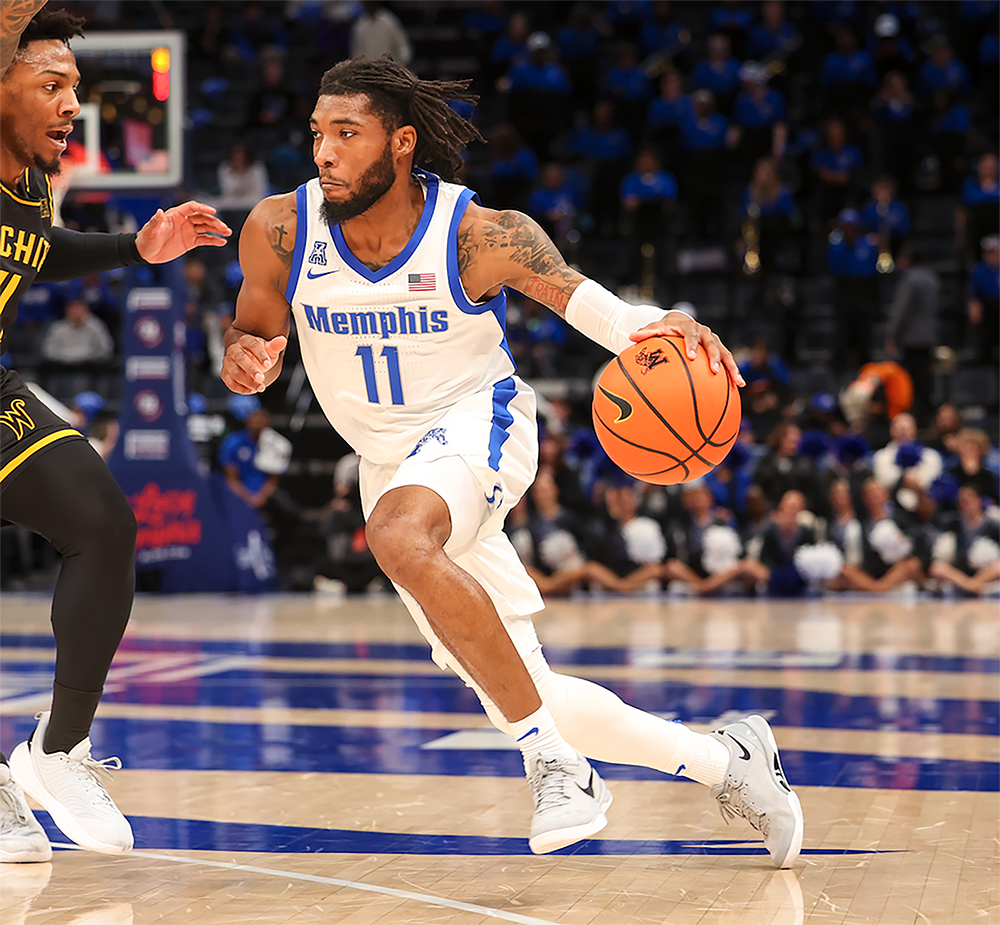
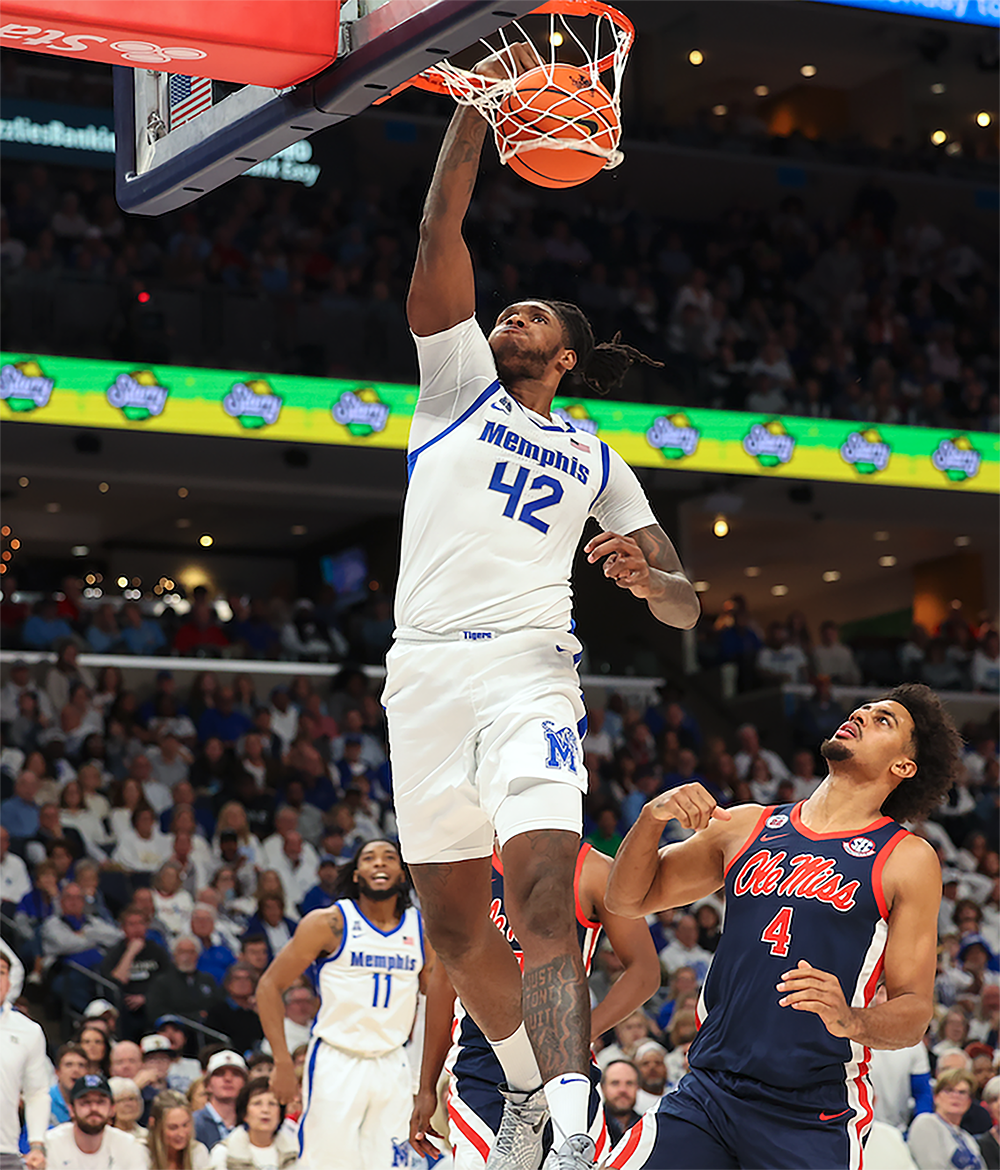
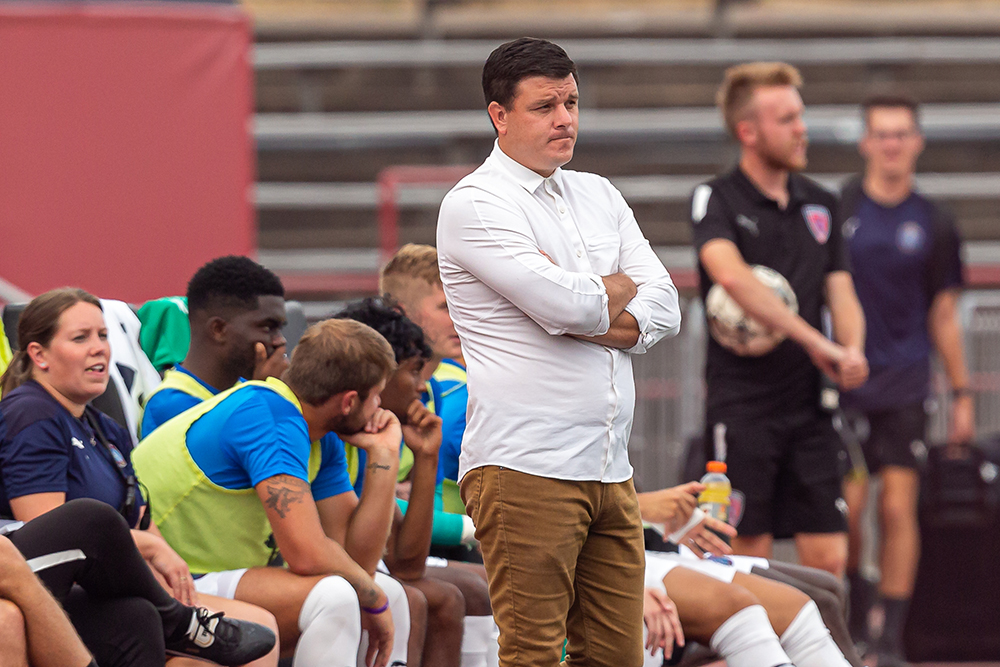

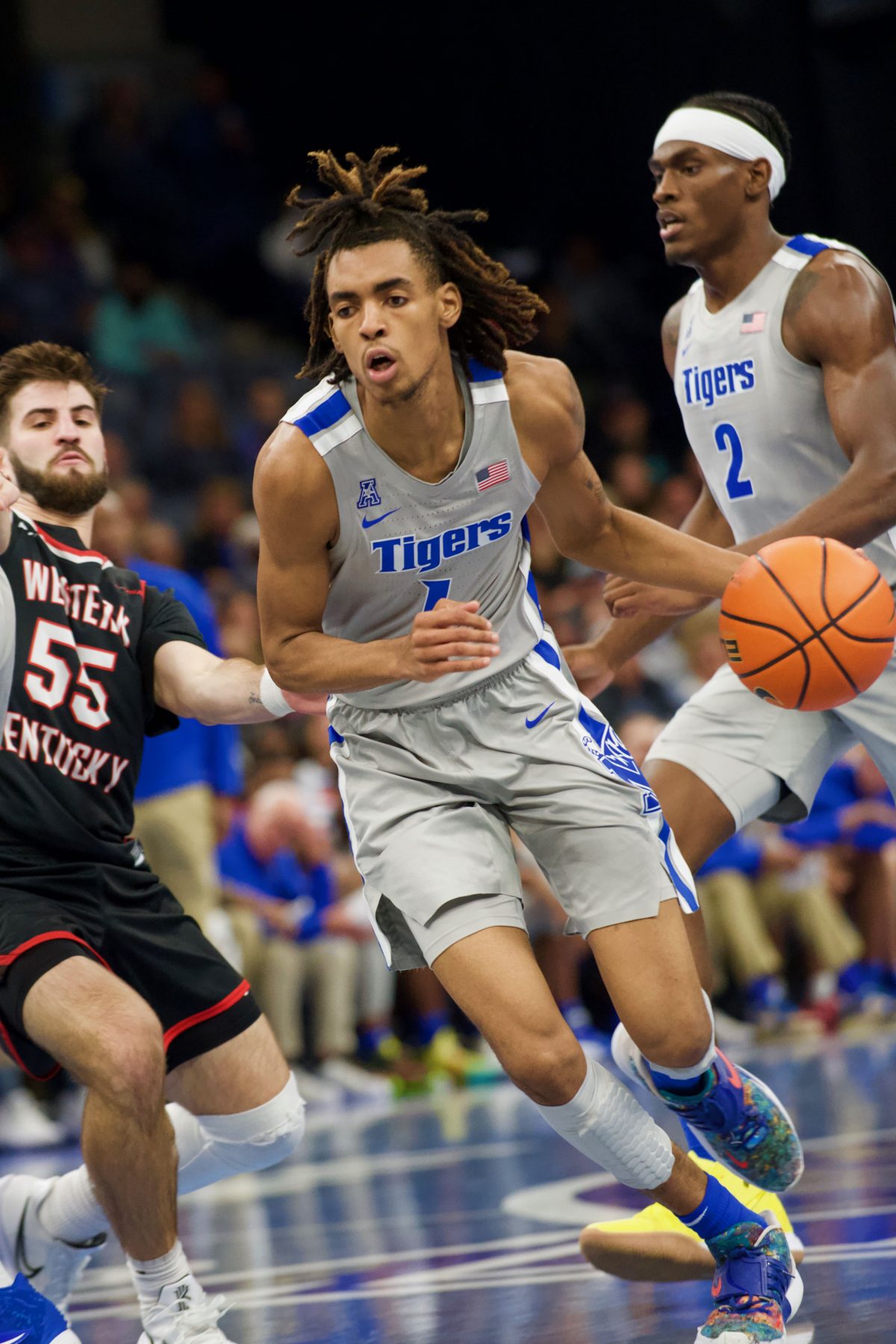
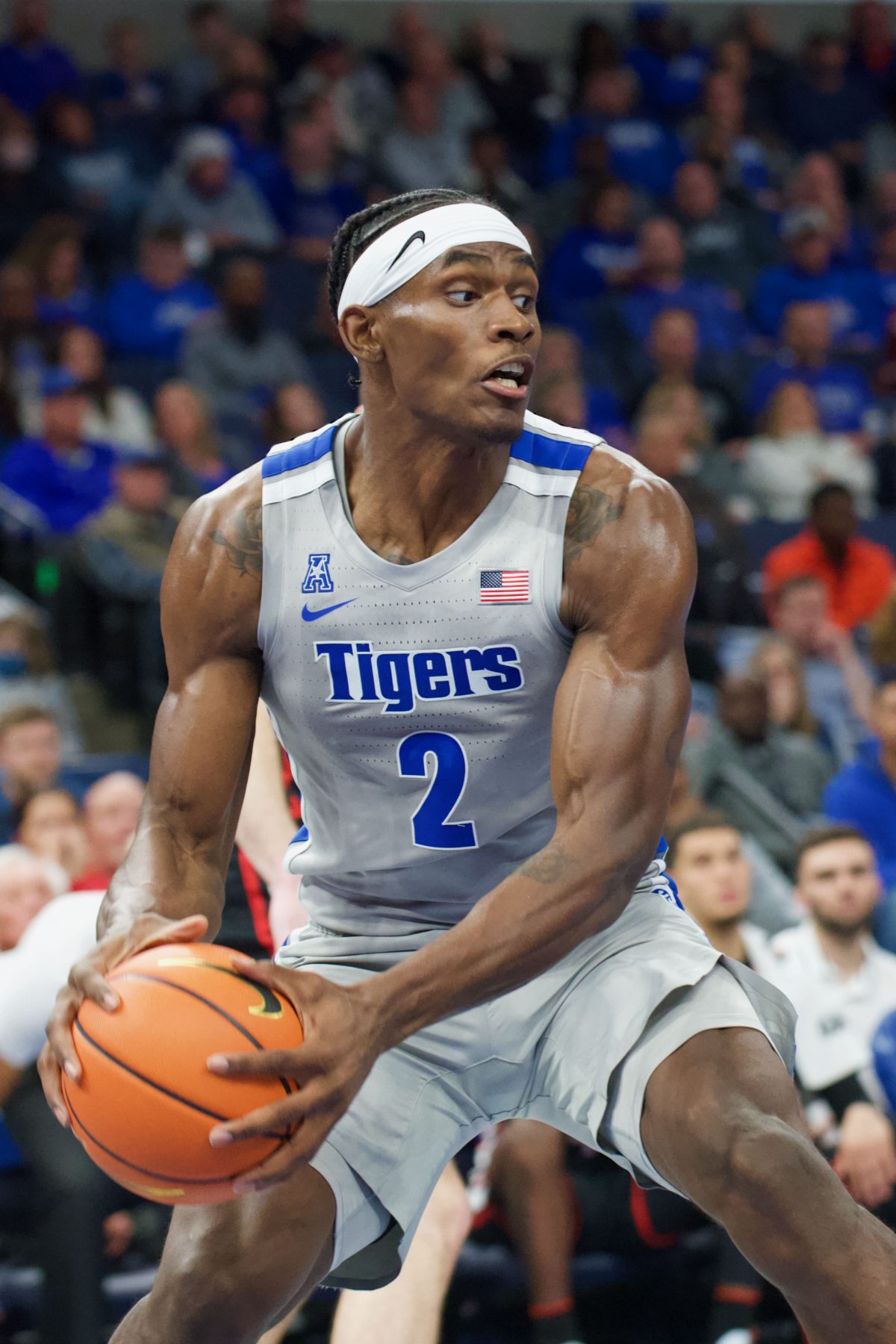
 Larry Kuzniewski
Larry Kuzniewski 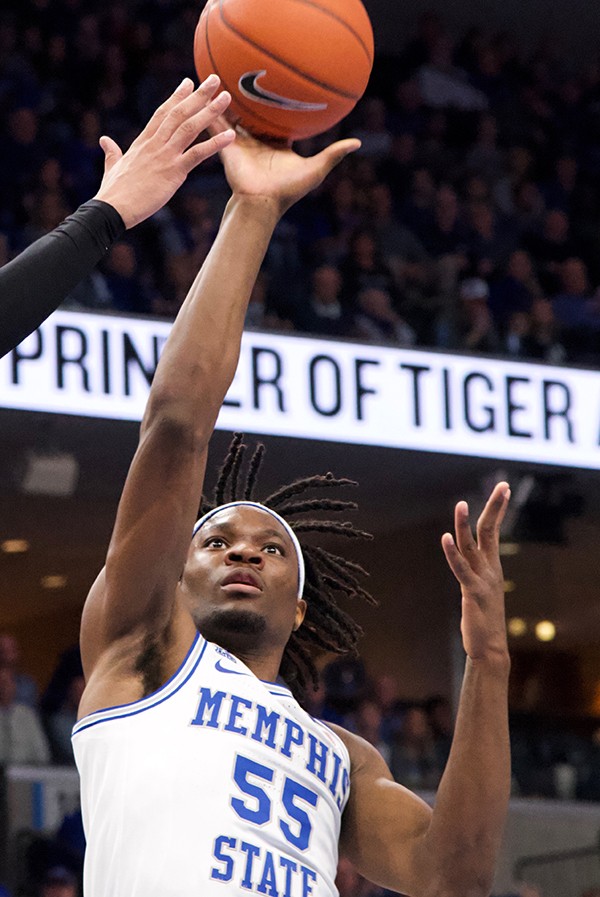 Larry Kuzniewski
Larry Kuzniewski 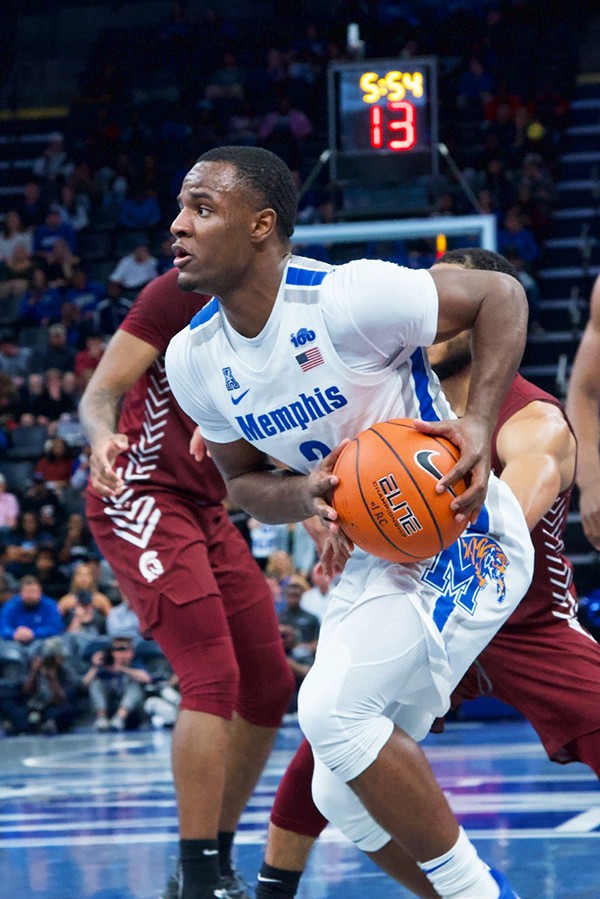 Larry Kuzniewski
Larry Kuzniewski 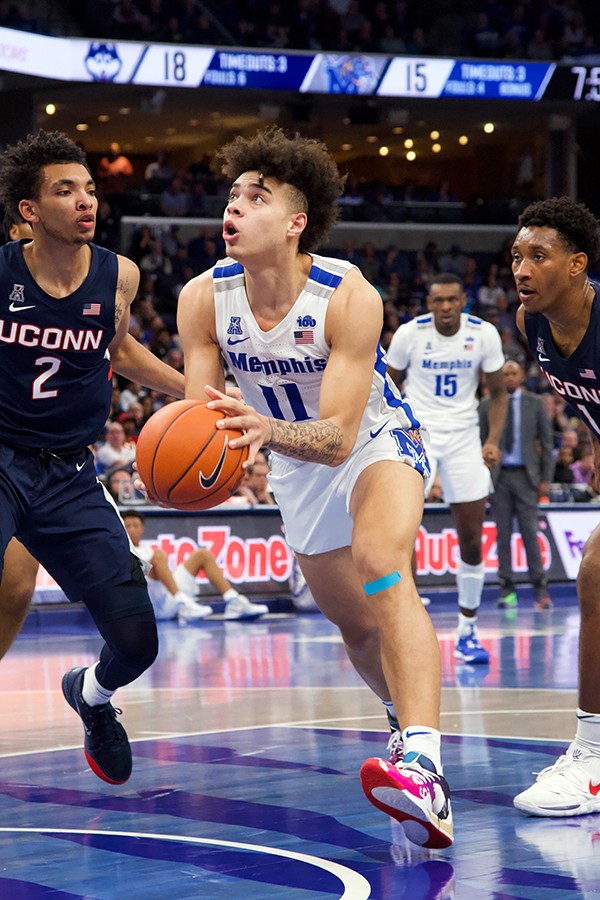 Larry Kuzniewski
Larry Kuzniewski  Larry Kuzniewski
Larry Kuzniewski 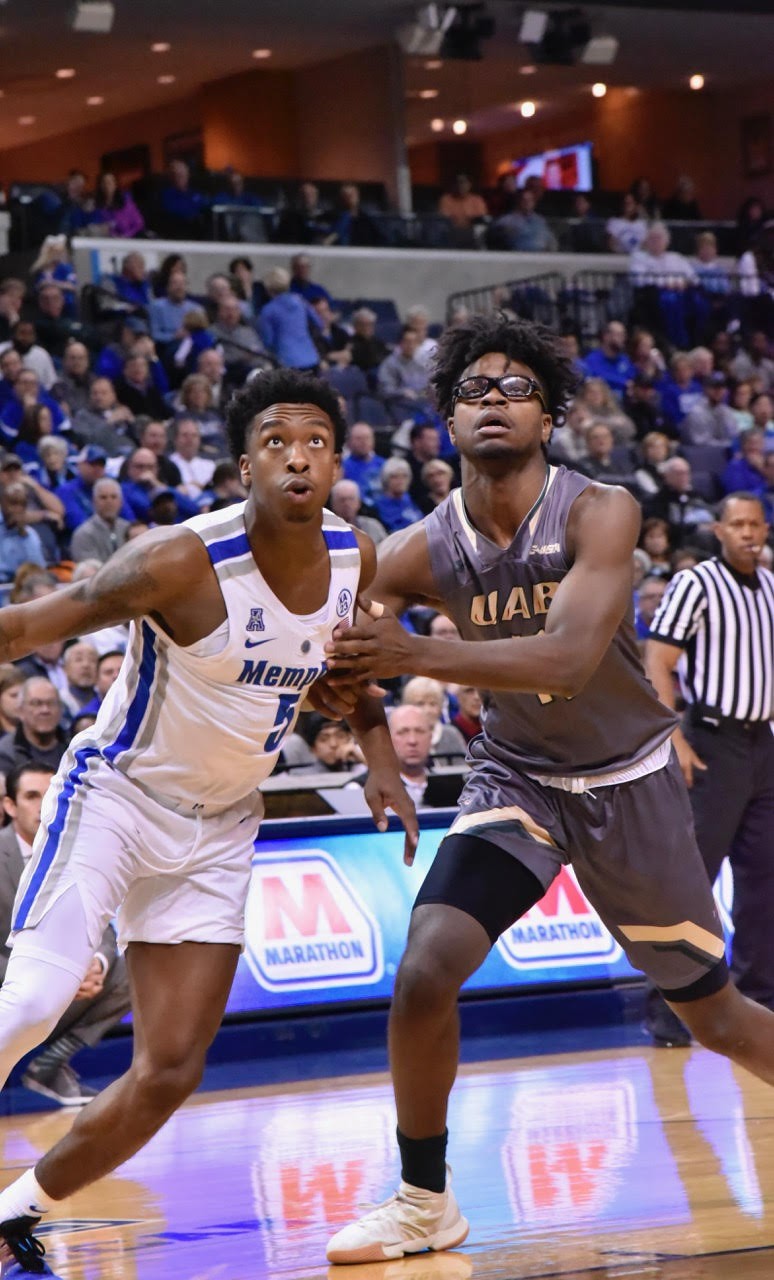 Larry Kuzniewski
Larry Kuzniewski 



